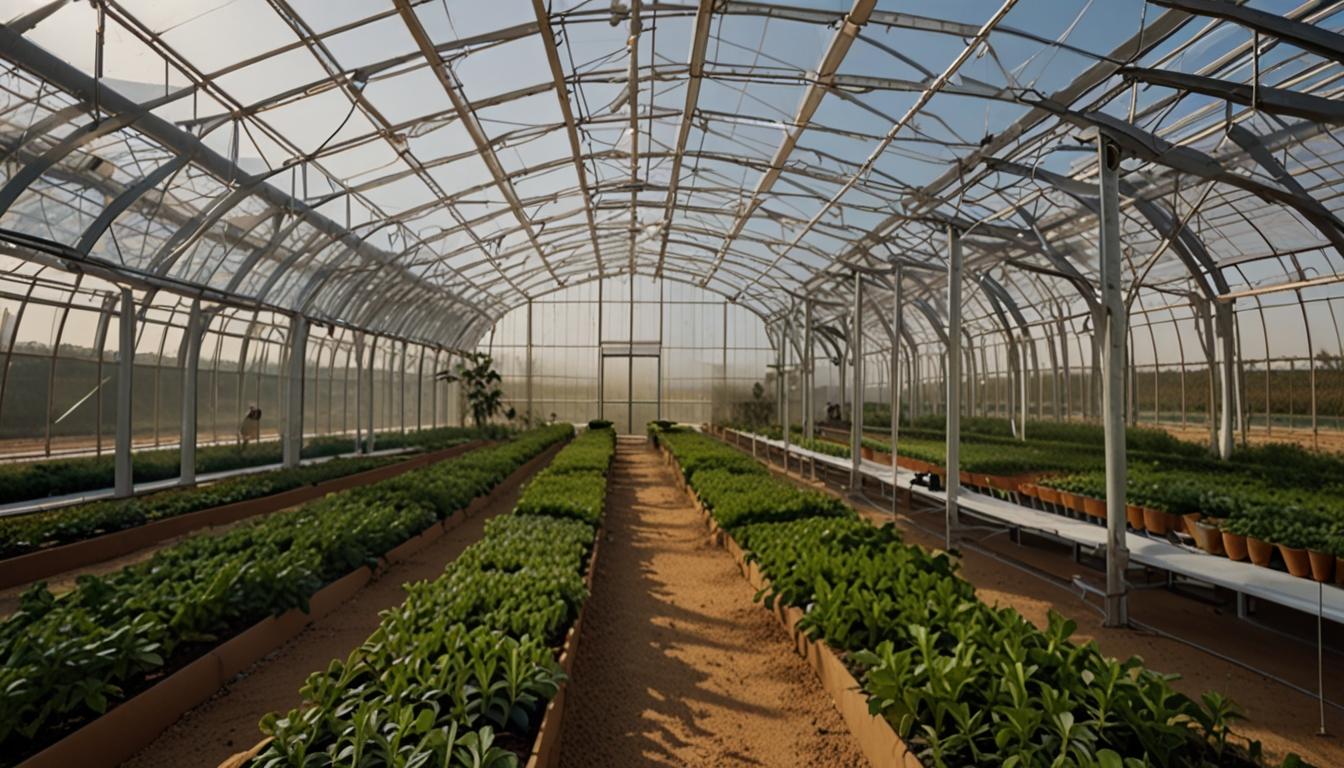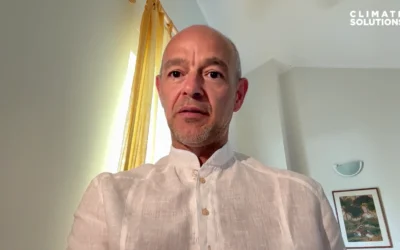Abu Dhabi has unveiled its AgriFood Growth & Water Abundance (AGWA) cluster to contribute to addressing global issues such as food shortages and water scarcity. Targeting the vast USD 21.08 trillion agrifood industry, this initiative promises not only to generate substantial economic growth but also to spearhead global efforts in sustainable food and water management.
Announced last week by His Highness Sheikh Khaled bin Mohamed bin Zayed Al Nahyan, Crown Prince of Abu Dhabi and Chairman of the Abu Dhabi Executive Council, the AGWA cluster is poised to attract USD 34.8 billion in investments by 2045. The initiative is expected to create more than 60,000 new jobs and contribute an estimated USD 24.5 billion to Abu Dhabi’s GDP.
At the heart of AGWA’s efforts is collaboration. The Abu Dhabi Department of Economic Development (ADDED) and the Abu Dhabi Investment Office (ADIO) have already signed key agreements with local and federal government entities to streamline regulatory processes. These partnerships aim to make the investment environment more accessible and efficient, thereby fostering innovation in the food and water sectors.
H.E. Ahmed Jasim Al Zaabi, Chairman of ADDED, remarked on the broader vision behind AGWA: “The launch of the AgriFood Growth & Water Abundance cluster (AGWA) is part of our multi-polar strategy to future-proof the economy, enhance sustainability, and shape a brighter tomorrow for Abu Dhabi and the world.”
Al Zaabi emphasized that the AGWA initiative is designed to create a business-friendly ecosystem bolstered by agile policies, robust infrastructure, access to funding, advanced trade facilitation solutions, and international market connectivity. This approach is intended to accelerate Abu Dhabi’s transition to a smart, diversified, and sustainable economy.
AGWA aims to leverage the regulatory environment and efficient licensing systems to ensure safe and secure food and water production. It is expected to serve as a global hub for novel food products and ingredients, as well as new technologies tailored to enhance water resource utilisation. By doing so, the cluster hopes to meet the increasing global demand for food, alleviate pressures on traditional agricultural systems, and address shifting dietary patterns.
Global food security is another crucial aspect of AGWA’s mission. The initiative will aim to support a reliable and resilient food supply chain, in alignment with the increasing global focus on sustainability and technological advancements in the agrifood sector.

Abu Dhabi is a perfect place to set up a hub for water and food scarcity solutions. https://www.istockphoto.com/portfolio/alisulimanart
The launch of AGWA follows the 2023 introduction of the Smart and Autonomous Vehicle Industries (SAVI) cluster, another significant part of Abu Dhabi’s economic diversification strategy. Through SAVI, Abu Dhabi seeks to establish itself at the forefront of future mobility solutions across air, land, and sea.
The Abu Dhabi Department of Economic Development (ADDED) has positioned itself as a driving force behind these transformations. By regulating the business sector within the emirate, ADDED aims to achieve a knowledge-based, diversified, and sustainable economy. The department is committed to adopting best practices based on cutting-edge research and statistics, elevating development across various sectors, and preparing strategic plans and programmes.
ADDED also focuses on improving the investment climate in Abu Dhabi by fostering cooperation with strategic partners and adhering to principles of innovation, transparency, and knowledge-sharing. By strengthening the business ecosystem, ADDED aims to enhance Abu Dhabi’s appeal as a preferred destination for businesses and investments.
As the world grapples with increasing food and water challenges, Abu Dhabi’s AGWA cluster represents a proactive approach to future-proofing its economy while contributing to global sustainability efforts. The initiative’s success will likely depend on effective collaboration, smart investments, and continuous innovation in the fields of agrifood and water management.




